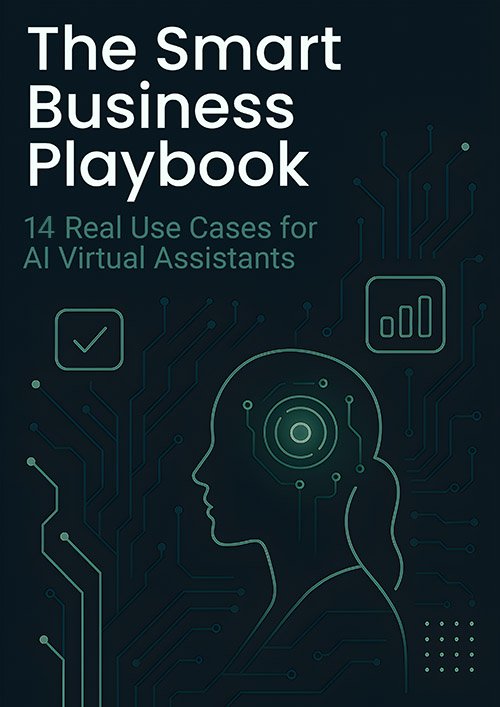HR confidentiality laws are essential for protecting sensitive employee and organizational data. They involve a range of federal, state, and local regulations like ADA, HIPAA, and GINA, which safeguard personal and medical information. They also complicate compliance, especially for businesses operating across multiple states due to varied local mandates. Breaching these laws can result in severe consequences, including termination, lawsuits, and reputational damage. It's vital to implement best practices, such as restricting data access and regular training, to uphold confidentiality. Understanding these elements can greatly impact your ability to manage risks effectively and align with legal standards.
Key Takeaways
- HR confidentiality laws protect employee privacy by regulating the handling of personal and sensitive data.
- Compliance with confidentiality laws prevents legal consequences and financial liabilities for breaches.
- Protecting confidential information maintains trust between employees and employers, fostering a positive work environment.
- Confidentiality laws help safeguard company trade secrets, preserving competitive advantages in the market.
- Adhering to these laws mitigates risks of reputational damage and potential industry blacklisting.
Understanding Confidential Information

Confidential information is the lifeblood of any organization's operation, encompassing a wide array of sensitive data that you must guard diligently. This includes business operations, customer lists, financial projections, and intellectual property. Your responsibility is to guarantee such data is protected by confidentiality agreements, which legally bind parties to maintain privacy. Sensitive data spans both labeled and unlabeled information, requiring you to recognize its broad scope, from technical data to business forecasts. It's essential to comprehend that confidentiality isn't limited to what's explicitly marked but includes any reasonably sensitive information. Comprehensive clauses now offer clarity and security for businesses, ensuring that all types of confidential information are adequately protected. Additionally, you should be aware of exclusions, such as publicly known or independently developed information, which don't fall under confidentiality agreements, guaranteeing you manage data with precision and adherence to established rules.
Key HR Confidentiality Laws
While traversing the landscape of HR confidentiality laws, it's crucial to understand the specific federal and state regulations that govern the protection of employee information.
Key federal laws, like the ADA, HIPAA, and FMLA, focus on safeguarding medical and personal data, ensuring HR compliance with employee privacy. The GINA prohibits genetic information disclosure, while data privacy laws, such as the GDPR, regulate data use and storage. Complete privacy cannot be assured in all situations as legal obligations may require disclosure in cases involving harassment or illegal activities.
State laws add another layer, often mandating confidentiality for anti-discrimination and workers' compensation claims. They require careful navigation, especially for businesses operating in multiple states.
Local regulations may impose additional requirements, making multistate law compliance critical. Understanding these laws helps you maintain HR compliance and protect employee privacy effectively across various jurisdictions.
Consequences of Breaching Confidentiality

When breaches of confidentiality occur, they can lead to significant consequences for both individuals and businesses. As an employee, you face various breach consequences that can impact your career and financial stability.
- Termination and Legal Repercussions: You risk termination if you violate confidentiality agreements. Severe breaches might even lead to criminal charges, especially when financial or reputational harm is involved. Employers often include explicit termination clauses in confidentiality agreements to emphasize the seriousness of potential breaches.
- Lawsuits and Monetary Penalties: Companies may pursue legal action, seeking damages for loss of trade secrets or market share. You could be liable for these costs, resulting in substantial financial burdens.
- Reputation and Career Damage: Breaches can tarnish your reputation, making future employment challenging. You might be blacklisted within your industry, limiting professional opportunities and growth.
Implementing Best Practices
Understanding the serious consequences of breaching confidentiality underscores the importance of implementing best practices to safeguard sensitive information. Begin by establishing clear policies that define what constitutes confidential data, including personnel files and health insurance information. Document detailed procedures for handling and accessing such data, ensuring they comply with federal and state laws. Regularly update these policies to address new risks. Limit access to confidential information to individuals with a legitimate business need, and implement secure systems using encryption and password protection. It is essential that the HR department maintains the confidentiality of sensitive employee information to build trust and credibility within the organization. Require non-disclosure agreements and collaborate with IT for robust security measures. Conduct regular training and audits to reinforce employee awareness and compliance. Establish separate file management with strict access controls and disposal procedures for sensitive documents.
Navigating Legal Exceptions

Maneuvering legal exceptions in HR confidentiality laws demands precision and a thorough understanding of various regulatory landscapes. You must navigate a complex web of legal disclosures and confidentiality limits. Consider the following exceptions:
- Public Domain Information: Legal disclosures are permissible for data already in the public domain, like UC appeals records, provided you align with federal and state laws.
- Disclosure to Individuals and Employers: Individuals and employers can access their own confidential UC information, given state law authorization and informed consent. Disclosure to public officials is also allowed for official duties that relate to law administration.
- Investigatory and Regulatory Exceptions: ADA, HIPAA, and whistleblower protections allow specific disclosures, overriding some confidentiality limits. Court orders can also necessitate such disclosures.
Understanding these exceptions guarantees compliance while protecting sensitive information. Stay vigilant to navigate these legal nuances effectively.
Conclusion
You've explored the intricacies of HR confidentiality laws, grasping their significance and the severe consequences of breaches. But here's the twist: implementing best practices is just the beginning. Imagine maneuvering legal exceptions with precision, where one misstep could unravel everything. Will you embrace the challenge, ensuring every detail aligns perfectly with the law? Your vigilance and adherence to these rules could be the key to safeguarding sensitive information—and maintaining trust in a fragile world.
